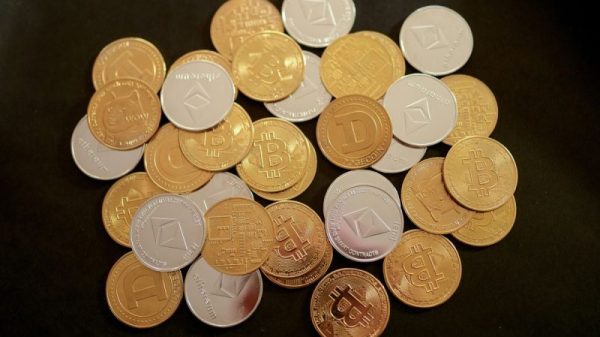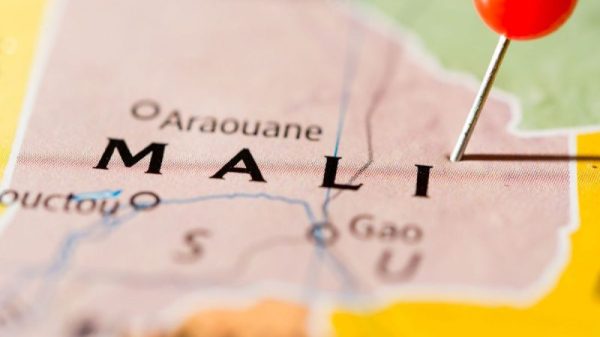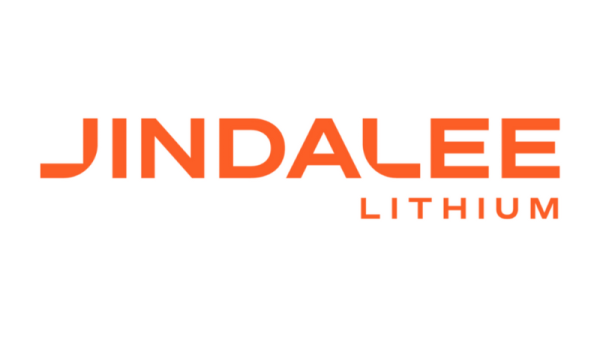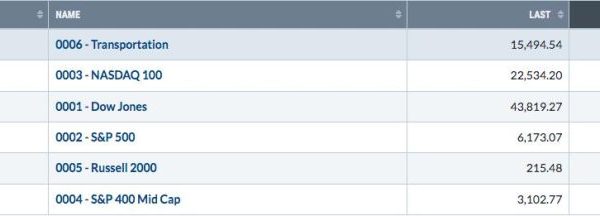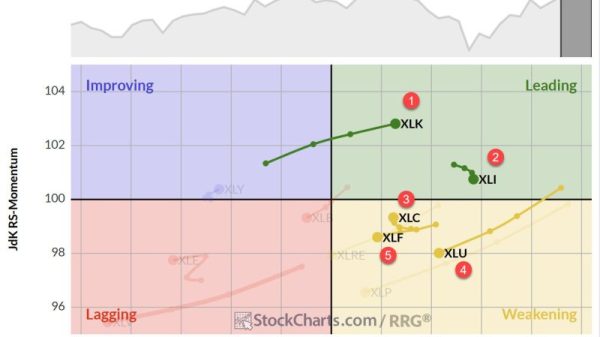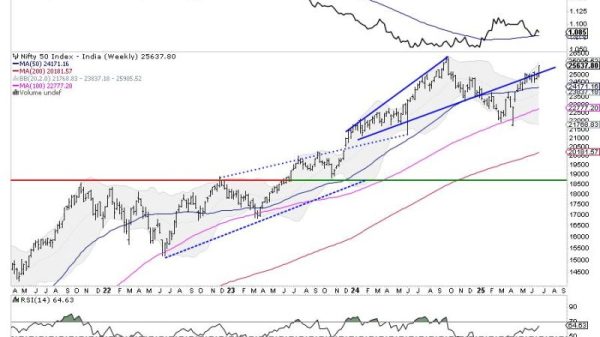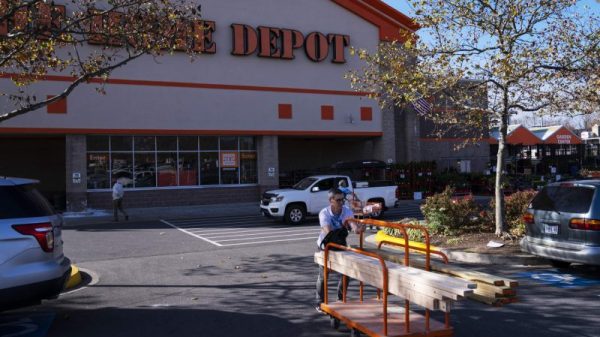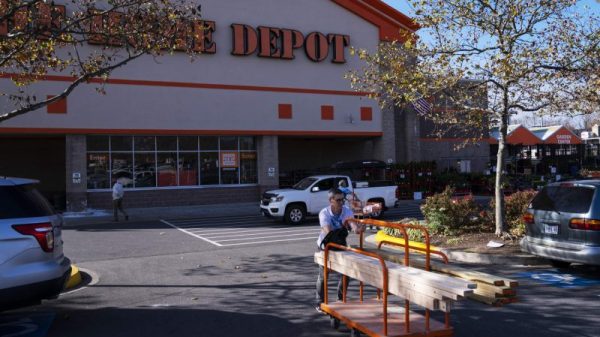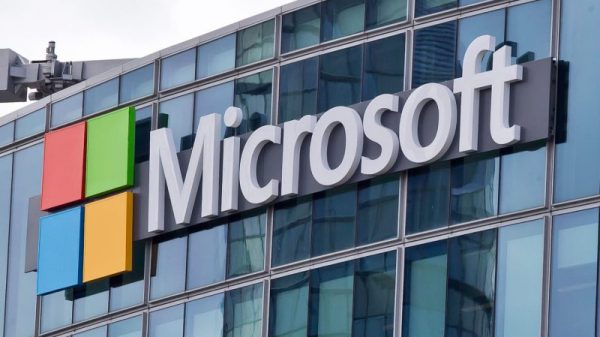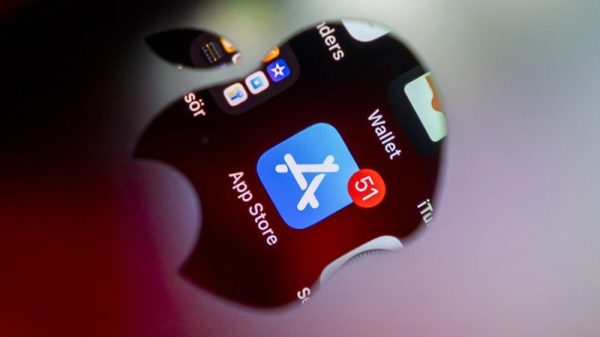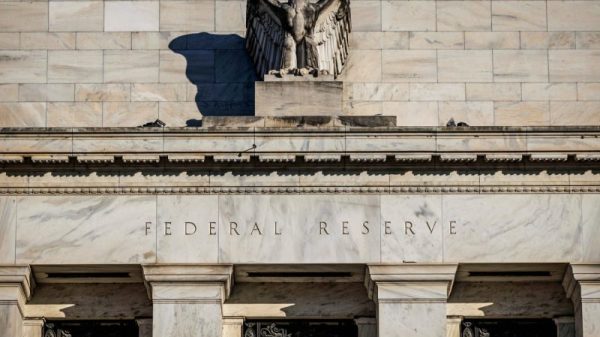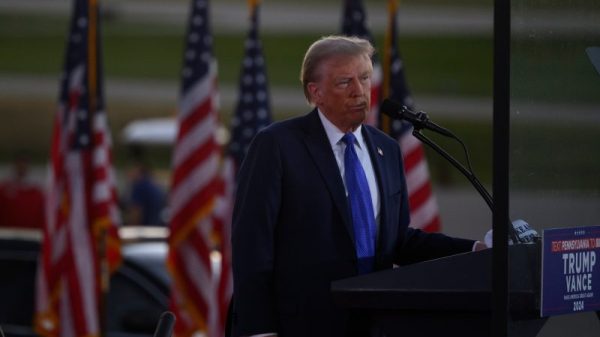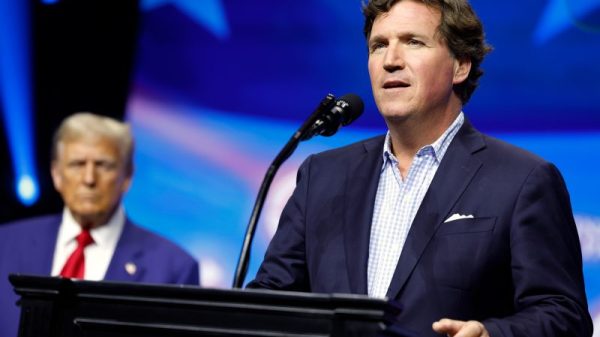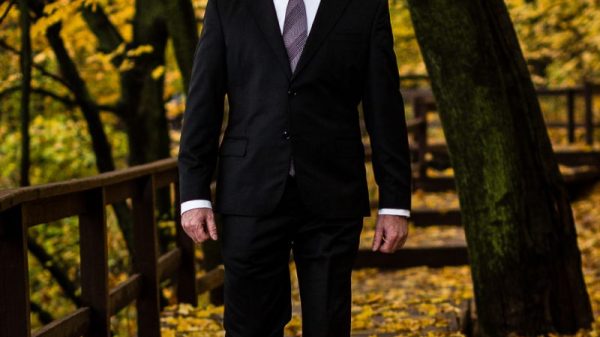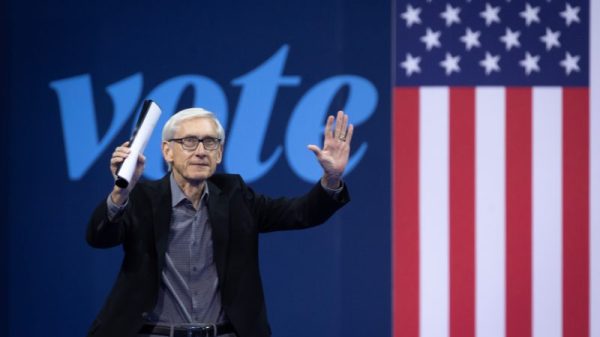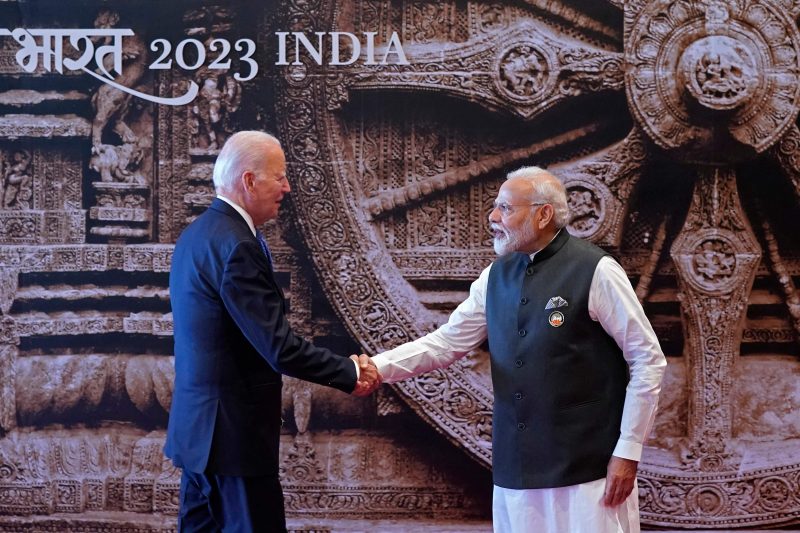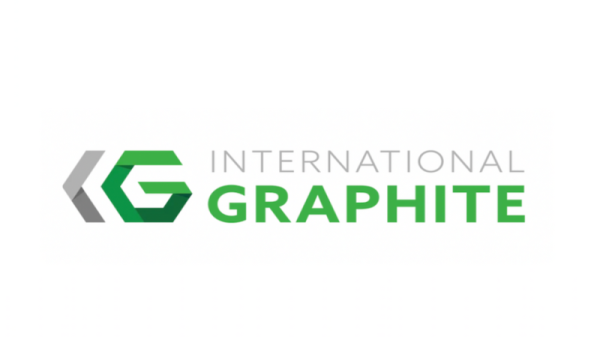NEW DELHI — President Biden and several other world leaders announced plans here Saturday afternoon for a new rail and shipping corridor that would connect India and Europe through the Middle East, an ambitious proposal aimed at further connecting a volatile region and countering China’s years-long backing of massive infrastructure projects around the world.
The announcement solidified a preliminary agreement among a range of participants — including the United States, India, Saudi Arabia, Jordan, Israel, the United Arab Emirates and the European Union — and came as leaders of the world’s largest economies tried to work through divisions on a range of thorny issues.
By midafternoon, the leaders here had reached consensus on a 37-page joint declaration on 83 points, several of which referred to Russia’s war in Ukraine. The debate over the war led some to predict that such a statement would prove elusive, particularly given that Russia is a member of the G-20. But they arrived at language that stated that “all states must refrain from the threat or use of force to seek territorial acquisition” and that “the use or threat of use of nuclear weapons is inadmissible.” The language was not as pointed as it was during last year’s conference and did not explicitly name Russia as the aggressor in the war.
The leaders did highlight the “suffering and negative added impacts of the war in Ukraine” on a range of issues, including global food supply and energy security. But in the dry language of diplomacy, the statement added, “There were different views and assessments of the situation.”
In a Facebook post, Ukraine’s Foreign Ministry spokesman Oleg Nikolenko said the G-20 has “nothing to be proud of” on the language over Russian aggression in Ukraine, and he offered his own edits of how the portions regarding Ukraine should have been written.
The declaration in another section also formalized that the United States would host the G-20 in 2026, overcoming some late opposition from China.
“This is a significant milestone for India’s chairmanship and vote of confidence that the G-20 can come together to address a pressing range of issues and also to deal with hard issues that actually very much [divided] some members from others — including, obviously, Russia’s brutal war against Ukraine,” Jake Sullivan, the national security adviser, said shortly after the deal was reached.
“I have got good news. From our team’s hard work, we have reached an agreement on the G-20 declaration,” Prime Minister Narendra Modi, the summit’s host, said in Hindi, prompting a long round of applause from the G-20 leaders.
Biden came to the conference determined to try to showcase that the G-20 can maintain its relevance even after Chinese President Xi Jinping and Russian President Vladimir Putin sent deputies instead of attending themselves amid tensions over the war in Ukraine.
Asked whether Xi’s absence affected the summit, Biden said: “It would be nice to have him here but, no, the summit is going well.”
Shortly after the declaration was announced, Biden joined other leaders to announce the rail corridor.
“This is a big deal,” he said. “This is a real big deal.”
The cost of the project was unclear, but senior Biden administration officials view it as a way to link key areas of the world, India to Europe, opening up new trading partnerships and a flow of energy and digital information. Also significant is having Israel working with a historical adversary such as Saudi Arabia; Biden is separately hoping to broker a deal to normalize relations between the two countries.
Deputy national security adviser Jon Finer noted the significance of reaching an agreement in an area that “has obviously often been a net exporter of turbulence and insecurity.”
“Linking these two regions, we think, is a huge opportunity, building on our broader efforts over the last couple of years to turn the temperature down across the region,” Finer said.
Officials in the countries involved are expected within 60 days to come up with a timeline for the projects — linking energy grids, laying undersea and overland cables, and providing more digital connections. Some of the tasks involve installing hydrogen pipelines from Israel to Europe, which administration officials hope will advance clean energy goals.
The summit took place against the backdrop of a city that largely has been shut down amid tight security, with police officers standing at nearly every intersection and shops and restaurants closed.
Most of the conference meetings were closed to the news media, but Biden entered the opening session planning to outline his opposition to Russia’s invasion of Ukraine.
American officials unsuccessfully lobbied to have Ukrainian President Volodymyr Zelensky address the conference, something he did in person during a Group of Seven gathering in Hiroshima, Japan, and which he did virtually during last year’s G-20 in Bali.
“Our view is that it is fundamentally a good thing when President Zelensky is able to make his case and Ukraine’s case for, you know, how damaging this conflict has been to his people and to his country,” Finer said. “He is the most effective messenger for that. And it’s certainly in a format in which, you know, Russian representatives will be able to give their views about the conflict that is appropriate for Ukraine to be able to offer its perspective.”
Biden arrived at the summit Saturday morning, walking down a long corridor to greet Modi. “How are you?” he asked as he approached, appearing to jog up a slight incline before the two leaders shook and held hands while examining a G-20 logo that had the motto, “One Earth. One Family. One Future.”
They later met in a large room with three rows of desks in an oval, a chandelier hanging above them and small flags denoting where each country’s leader was to sit.
During the first session, Biden was between British Prime Minister Rishi Sunak and Indonesian President Joko Widodo. Before Biden sat down, several others greeted him, among them leaders from Australia, the Netherlands, Germany and Nigeria.
“This period in the 21st century is a time to give the entire world a new direction. It is a time when age-old problems are demanding new solutions from us,” Modi said in an address to the global leaders as he sat behind a nameplate reading not India but Bharat — the Hindi name for the country — signaling a branding shift that has been the source of controversy for many in the nation.
The negotiations over a joint communiqué had been difficult, especially around language regarding the Ukraine war.
While it did note the harm of the war and the importance of territorial sovereignty, it did not name Russia as the perpetrator and was less direct in some of the language than was agreed to last year during the G-20 in Bali. At that meeting, while noting there were some disagreements, it referred to a U.N. resolution that “deplores in the strongest terms the aggression by the Russian Federation against Ukraine and demands its complete and unconditional withdrawal from the territory of Ukraine.”
When asked about the change in text over the course of a year, Indian Foreign Minister S. Jaishankar said some conditions have changed in the war.
“Bali was Bali, and New Delhi was New Delhi,” he said. “Bali was a year ago, and the situation was different. Many things have happened since then.”
He went on to add, “One should not have a theological view of this. New Delhi declaration is responding to the situation of today just as the Bali declaration did to the situation a year ago.”
The language also was the result of a lengthy negotiation. India’s chief G-20 coordinator, Amitabh Kant, said Brazil, South Africa and Indonesia were helpful in reaching consensus.
“It was a tough, ruthless negotiation that went on for several days nonstop,” he said.
Indian officials expressed frustration that the war has overshadowed other issues, such as successfully negotiating the African Union’s acceptance into the G-20. For the first time, a representative of the African Union joined the gathering, with the chairman of the 55-member bloc, Comoros President Azali Assoumani, being introduced by Modi.
“For all our moral idealism in foreign policy, we accept things as they are and find a way around it,” India expert Aparna Pande of the Hudson Institute said. “At the end of the day, you work with what you got.”
There were no planned bilateral meetings for Biden on Saturday, although administration officials said there may be impromptu exchanges, and a dinner was planned for the summit Saturday night. On Sunday morning, Biden and other leaders are to visit the Raj Ghat memorial dedicated to Mohandas K. Gandhi before the U.S. president heads to Vietnam.
It was unclear whether Biden had any meeting with Mohammed bin Salman, the crown prince of Saudi Arabia. Administration officials have been pushing for an agreement between Saudi Arabia and Israel, but Biden also has faced criticism for his past attempts to make overtures to the controversial Saudi leader.
During the announcement on the rail and shipping corridor — in which Saudi Arabia is to play a key part — Biden sat near Mohammed and thanked him for his efforts on the initiative. Afterward, they had a warm exchange, with Biden smiling and shaking hands with the crown prince.
Biden was criticized last year when he traveled to Jeddah and, ahead of their meeting, fist-bumped Mohammed, whom U.S. intelligence agencies had concluded directed the 2018 murder of Saudi national and U.S. resident Jamal Khashoggi, a contributing columnist for The Washington Post and an outspoken critic of the Saudi regime.
The exchange is particularly sensitive just ahead of the anniversary of the Sept. 11, 2001, attacks, in which most of the plane hijackers were Saudi nationals.
Ahead of Biden’s trip to the G-20 summit, Brett Eagleson, whose father, Bruce, died in the World Trade Center attack, said the prospect of the president’s meeting with the Saudi crown prince was a slap in the face. Eagleson is one of the family members of 9/11 victims suing the Saudi government, alleging that Saudi officials knowingly provided financial and logistical support to the terrorism plot. Now he and other families want Biden to make good on a campaign promise to make Saudi Arabia a “pariah.”
“The optics of this are just horrible from the 9/11 community,” said Eagleson, the president of 9/11 Justice, an advocacy group for victims’ families.
Eagleson said that while having Biden attend the economic forum was understandable, he views any show of diplomacy toward the Saudis as an insult to the families that have argued that the Saudi government has not yet been held responsible for its role in the terrorist attacks. The kingdom has denied that it played any role in the attacks.
Eagleson also expressed frustration that Biden is marking the anniversary not at any of the attack sites but during a stop at a military base in Alaska where Air Force One will be refueling for the trip back to Washington.
“He’s physically going to be as far from the 9/11 families as he can be,” Eagleson said. “Every 9/11, everybody says, ‘Never forget, never forget.’ And it seems like we’ve been forgotten.”
Meryl Kornfield contributed to this report.

